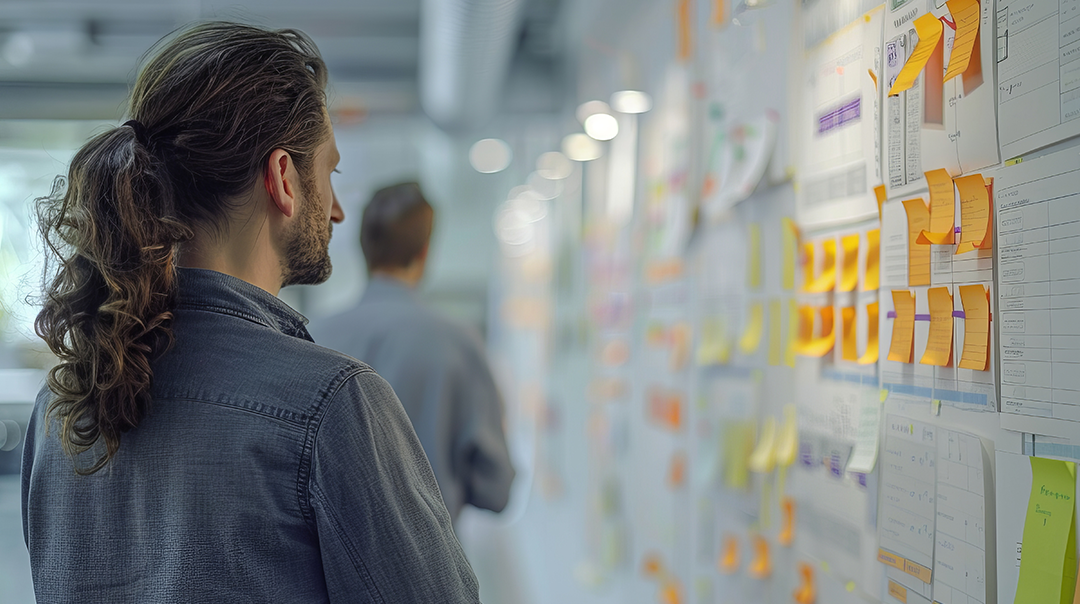Navigating the gig economy requires exceptional time management and productivity skills. Here are ten hacks to help you stay on top of your game:
Create a Dedicated Workspace: Establishing a specific area for work can significantly boost productivity. Avoid working from places associated with relaxation, such as your couch or bed. A well-organized workspace helps create a mental boundary between work and personal life, which is crucial for maintaining focus. The National Institute of Mental Health (NIMH) supports the idea that a dedicated workspace can enhance concentration and reduce distractions. National Institute of Mental Health
Use Project Management Tools: Tools like Trello, Asana, or Monday.com can help you keep track of your tasks and deadlines. These platforms allow you to break down projects into manageable tasks, set deadlines, and monitor progress. The U.S. Small Business Administration recommends utilizing such tools to streamline workflows and enhance productivity. U.S. Small Business Administration
Follow the Pomodoro Technique: This method involves working in 25-minute intervals followed by a 5-minute break. It helps maintain high levels of focus while preventing burnout. Research by the National Institutes of Health (NIH) indicates that regular breaks improve concentration and productivity. National Institutes of Health
Take Regular Breaks: Schedule short breaks throughout your workday to recharge. Stepping away from your work allows you to return with renewed energy and a fresh perspective. The Mayo Clinic suggests that taking breaks can reduce stress and enhance mental clarity. Mayo Clinic
Plan Your Day in Advance: At the end of each day, take a few minutes to plan your tasks for the next day. Having a clear plan helps you start your day with a sense of direction and purpose, reducing time spent figuring out what to do next. Harvard Business Review notes that planning ahead can improve productivity and time management. Harvard Business Review
Say No to Multitasking: Focus on one task at a time to increase efficiency and reduce errors. Multitasking can split your attention and reduce the quality of your work. Research from Stanford University shows that multitasking is less productive than focusing on a single task at a time. Stanford University
Leverage Technology to Block Distractions: Use apps like Serene or Freedom to block distracting websites and apps during work hours. This helps you stay focused on your tasks and minimizes interruptions. The American Psychological Association (APA) recommends minimizing digital distractions to improve productivity. American Psychological Association
Set SMART Goals: Ensure your goals are Specific, Measurable, Attainable, Relevant, and Time-bound. Setting clear and achievable goals helps maintain motivation and track progress effectively. The Centers for Disease Control and Prevention (CDC) suggest using the SMART criteria to set effective goals. Centers for Disease Control and Prevention
Incorporate Exercise into Your Routine: Regular physical activity boosts energy levels and enhances mental clarity. A short workout session in the morning can set a positive tone for the rest of your day. The World Health Organization (WHO) recommends at least 150 minutes of moderate-intensity aerobic activity per week for adults. World Health Organization
Embrace Flexibility: The gig economy often comes with variable hours and workload. Adapt your schedule to meet your most productive times and allow for flexibility to handle unexpected tasks or changes. According to a report by McKinsey & Company, flexibility is a key factor in the productivity and satisfaction of gig economy workers. McKinsey & Company
Implementing these productivity hacks can help gig economy workers optimize their time, maintain high levels of productivity, and achieve a better work-life balance. For more detailed insights and additional tips, consider exploring articles from trusted sources like the U.S. Small Business Administration, Harvard Business Review, and the World Health Organization.

